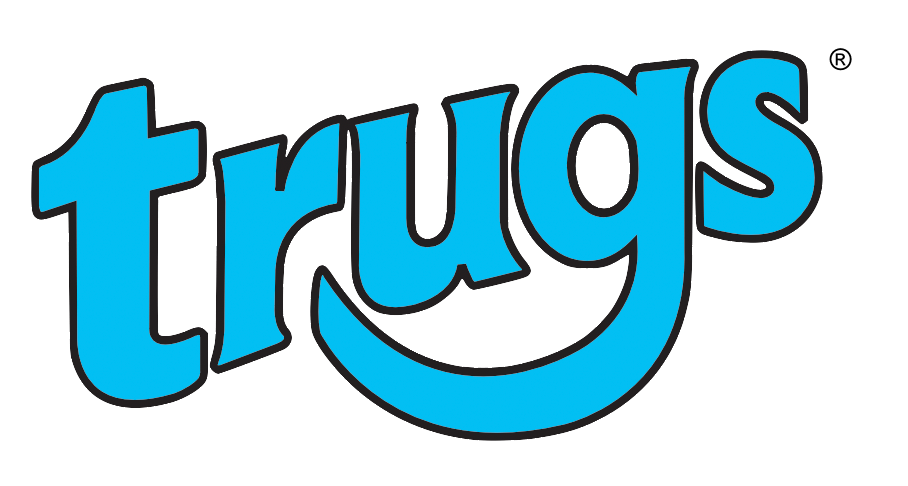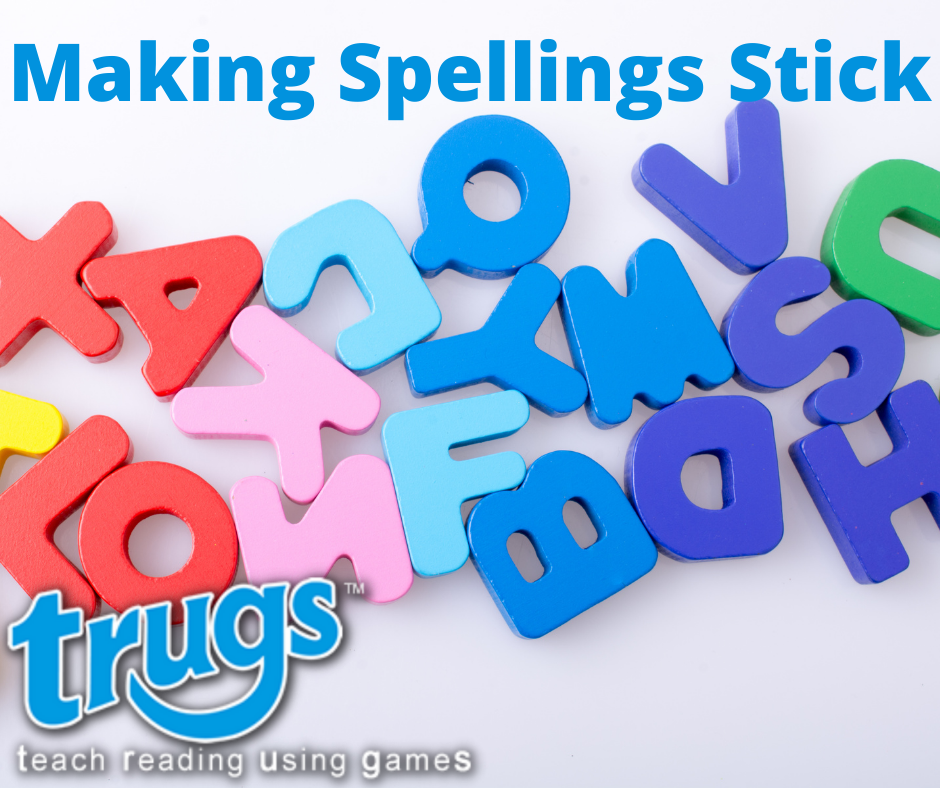Why is spelling so tricky for some? Perhaps, it is because there are so many processes to manage. For example, you have to:
- Isolate sounds in words and then translate those sounds into print.
- Recall spelling rules — and the exceptions.
- Choose between different words that sound the same: Sent, cent, or scent?
- Have reliable motor memory and pencil control.
- Have a reliable working and sequential memory.
- Inspect for errors and correct.
- Spell words whilst generating novel content, demonstrating correct grammar and punctuating.
- Place keeping.
- Deal with the emotions and anxieties involved.
So how can we help? The first thing is to ensure that spelling is a multi-sensory learning experience. When we work in multi-sensory way we:
- Interact with the letters in a more memorable way allowing for deeper processing.
- Can work three dimensionally.
- Can get rid of the pen and/or pencil. No pen/pencil – no pressure.
- Increase engagement.
- Can make sure errors are easily put right – no crossing out.
- Enjoy it so develop positive associations.
In practice this can look like any of the following activities:
- Revisiting sensory experiences such as tracing the word in a variety of substances (sand, cornflour, glitter, shaving foam, slime, on carpet tiles….).
- Using large gross motor movements to form the word. For example, drawing on a large chalkboard, squiring the letters with paint, using a wet brush on a large surface.
- Making the words using pipe cleaners, WikkiSticks, wooden and magnetic letters.
- Rainbow writing over a word several times.
- Saying the letters aloud as you write them.
- Attaching a movement to each letter – spelling whilst skipping, hopping and jumping.
- Building the letters to spell a word from LEGO.
Remember that spelling rehearsal should be fast, fun, regular and stress free!
Written for Read Successfully by Beccie Hawes – Head of Service – Cadmus Inclusive

